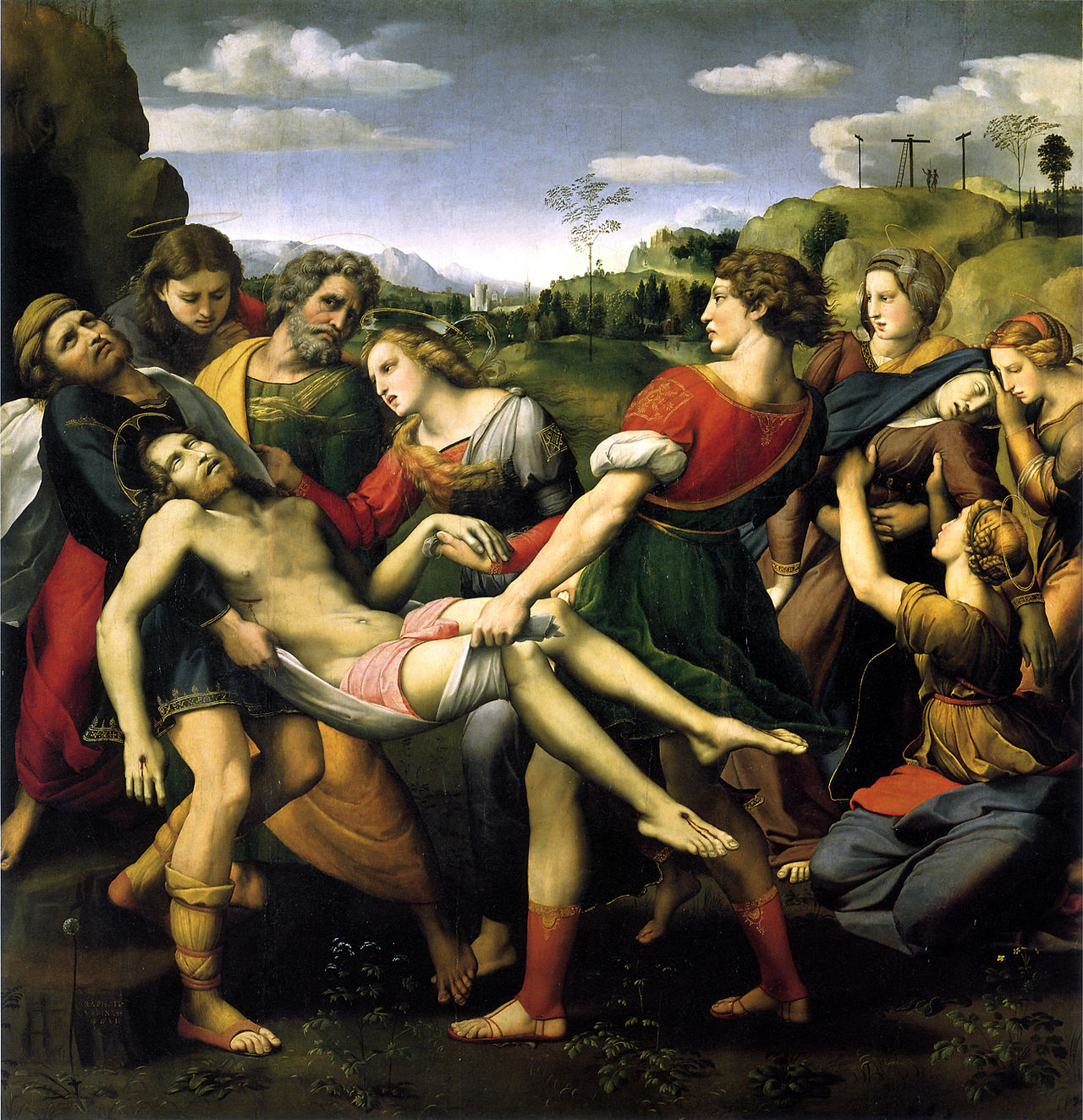This mid-week session of the Centre for the Study of Bible and Violence. The session comes with a trigger warning about intense and personal content that includes sexual and physical violence against women and dealing with uncomfortable relationship aggression.
This session’s Keynote Speaker, Dr. Johanna Stiebert, Professor of Hebrew Bible, University of Leeds, presented “Virginity, Violence and Biblical Texts.” Stiebert gives an impressive amount of evidence for the value and vulnerability of women in the Hebrew Bible. Her exploration exposes texts that describe violence against women and young girls in passive ways. She reminds us that violent texts in the Bible do not necessarily advocate for violent actions.
Siobhán Jolley, University of Manchester, gave a paper entitled, “’Some women were watching…’ – Traumatic Victimisation and Female Witness to the Crucifixion”. Jolley draws attention first to the awareness of privilege and power in discussions about trauma. Many unseen influences can hardly be entirely accounted for when examining and judging trauma in biblical texts. Since much of the Bible comes through a Patriarchal lens, there is a strong connection between strength and violence. Her presentation recognizes the textual emphasis on female witnesses of the crucifixion of Jesus Christ as a means of exploring traumatic violence. Siobhán Jolley is regularly involved at CSBV. You can read a summary and reflection of Jolley’s 2020 presentation on Purity Culture.
Hannah Baylor, Oxford, “‘By Tamar, By Rahab, By Ruth, By the Wife of Uriah:’ A #MeToo Reading of Matthew’s Genealogy of Jesus.” The #MeToo movement has been the subject of many discussions, even though it has also been criticized for its own discrimination with limited accessibility. Each of the women named in the ancestry of Jesus has a #MeToo story. The inclusion of these women in the genealogy, their stories of marginalization and sexual violation are linked to the carnation of Jesus. She views the inclusion of these narrative allusions in this passage as hopeful indicators of justice advocacy in the coming of Jesus.
Alexiana Fry, Stellenbosch University, “The ‘Lucky’ Victim: Current Rape Narratives and the Virgin Daughter of Judges 19”. Fry seeks in her presentation to identify and call out connections between purity culture and rape culture. She reminds us how difficult it is to see the victim when we are busy trying to uphold the virtues of purity. Her conclusions about Judges 19 focus on the failure to protect the women from aggressive predators. Fry advocates for better readings of passages that sometimes dismiss a person whose humanness has been violated. This is a timely reminder for scholars to call out even difficult things often missed in the biblical narrative.
Conclusions
It is challenging to talk about violent and sexual aggression in the Bible. But, as difficult as it is to talk about it, it is also difficult to read these passages in the Bible without commentary to help us deal with these very rough subjects. Unfortunately, today’s session seemed only to begin to scratch the surface of how we can receive and respond to biblical texts that describe behavior that marginalizes and dismisses traumatic events. There were many questions for the presenters in this session about how the Christian church is responsible for distorting purity and rape culture, about how readers may see Jesus as redemptive for women who have experienced violence, and how we can think about biblical ethics or Christian ethics in light of this kind of intrusive violence.
About this event
The Centre for the Study of Bible and Violence (CSBV) is based in Bristol, UK. This is the second year of online conferences. Read about #CSBV presentations. Also, read about other academic conferences.

Dr. Erica Mongé-Greer, holding a PhD in Divinity from the University of Aberdeen, is a distinguished researcher and educator specializing in Biblical Ethics, Mythopoeia, and Resistance Theory. Her work focuses on justice in ancient religious texts, notably reinterpreting Psalm 82’s ethics in the Hebrew Bible, with her findings currently under peer review.
In addition to her academic research, Dr. Mongé-Greer is an experienced University instructor, having taught various biblical studies courses. Her teaching philosophy integrates theoretical discussions with practical insights, promoting an inclusive and dynamic learning environment.
Her ongoing projects include a book on religious themes in the series Battlestar Galactica and further research in biblical ethics, showcasing her dedication to interdisciplinary studies that blend religion with contemporary issues.




